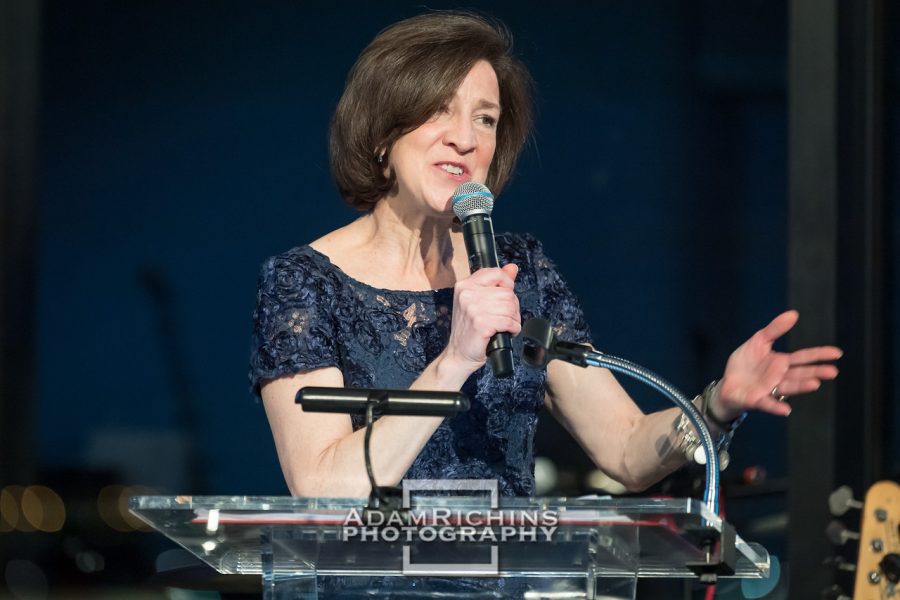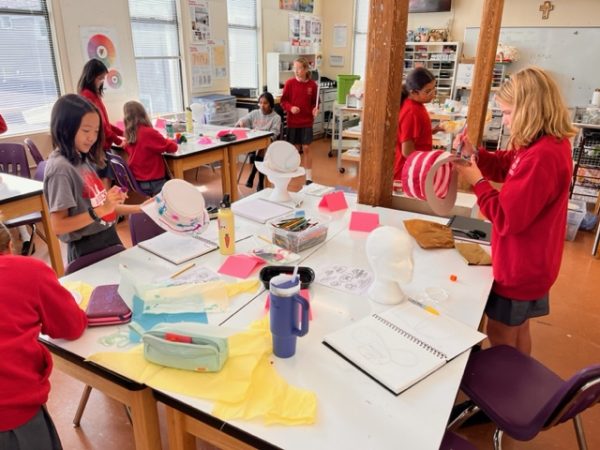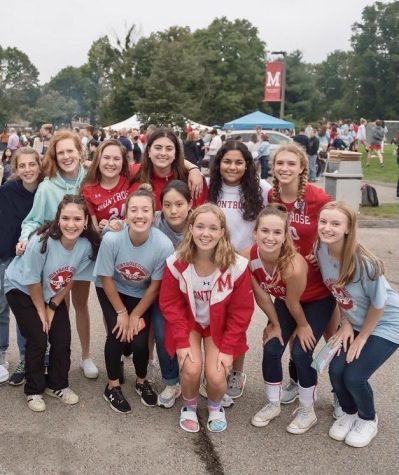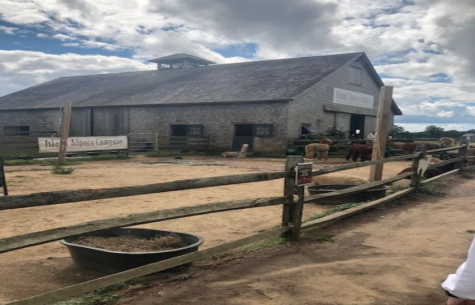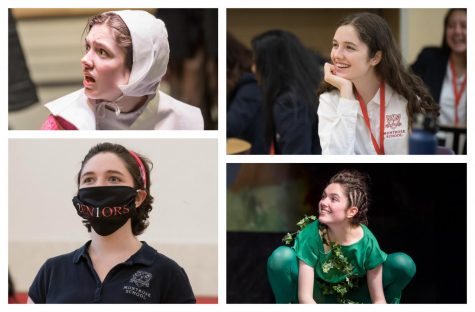Developing the Resilience to Fight Reductionism
Last week, the CHR discussed the importance of unity in the midst of divisions. This is especially important in a time of political division and a pandemic that requires us— for our own safety— to stay apart. Dr. Bohlin started her speech by telling the story of Roland Hayes, a renowned American lyric tenor and composer (Fun Fact: His daughter became Montrose’s first music teacher Afrika Lambe!) He was kicked out of a store because he entered a shop that owned a large “Whites Only” sign on its door. Don’t think that Hayes went down without a fight! He protested the injustice and spoke out about its unfairness. This only served to get him kicked out again, then arrested, but he held no bitterness in his heart.
So, what happens when there’s no unity but lots of division? There comes a nifty little thing called reductionism (Spoiler: It’s not actually so nifty). Reductionism is birthed from the actions of putting people into boxes. “Not asking others questions out of curiosity or to understand, reducing people to a stereotype, canceling, pressing people who have certain values into a box or a label causes us to lose dignity and resilience,” said Montrose Head of School Dr. Karen Bohlin.
Reductionism causes people to be reduced to a certain role that makes them lose their human dignity and value— it also means the loss of a human story. Dr. Bohlin gave us plenty of examples from familiar books: Divergent, Hunger Games, The Giver, Fahrenheit 451, and the like.
Dr. Bohlin also raised an interesting thought about first reactions, or the way we first feel about someone who says something we don’t agree with. Dr. Bohlin said: “It is okay to have not-perfect first reactions. But remember, to reflect and try to act on how we are called to be.”
The true challenge is finding a way to respond in a way that “reflects my dignity and the dignity of others… How can I be a bridge-builder?”
And there are ways you can become a bridge-builder: Dr. Bohlin gave us a (helpful) list of 8 tips!
- One must remember that there is always more side to every story. There are at least three sides to every story, and then the truth.
- Seek new information. Ask good questions. Never assume!
- Be curious. Ask good questions. Never assume.
- Practice mind-expanding habits of reflection.
- Make a habit of wondering. What else might be going on here? There are things that we don’t know.
- How can I be part of the solution?
- Practice reflective listening.
- Speak the truth with clarity and understanding.
The tip of speaking the truth shows the importance of being able to hold discussions. How will we ever be able to ask questions to understand if we can’t begin or show that we’re open to conversation? How can we have these discussions if we don’t instigate them? Humanities Coordinator Mrs. Whitlock talked about this in her October 20 Life Portrait speech: “Courageous Conversations: Why They Matter & How To Have Them.” If you missed it, be sure to keep an eye out for an upcoming article covering it or check out the online recording!
Jenn Uche ’22
22juche@montroseschool.org

